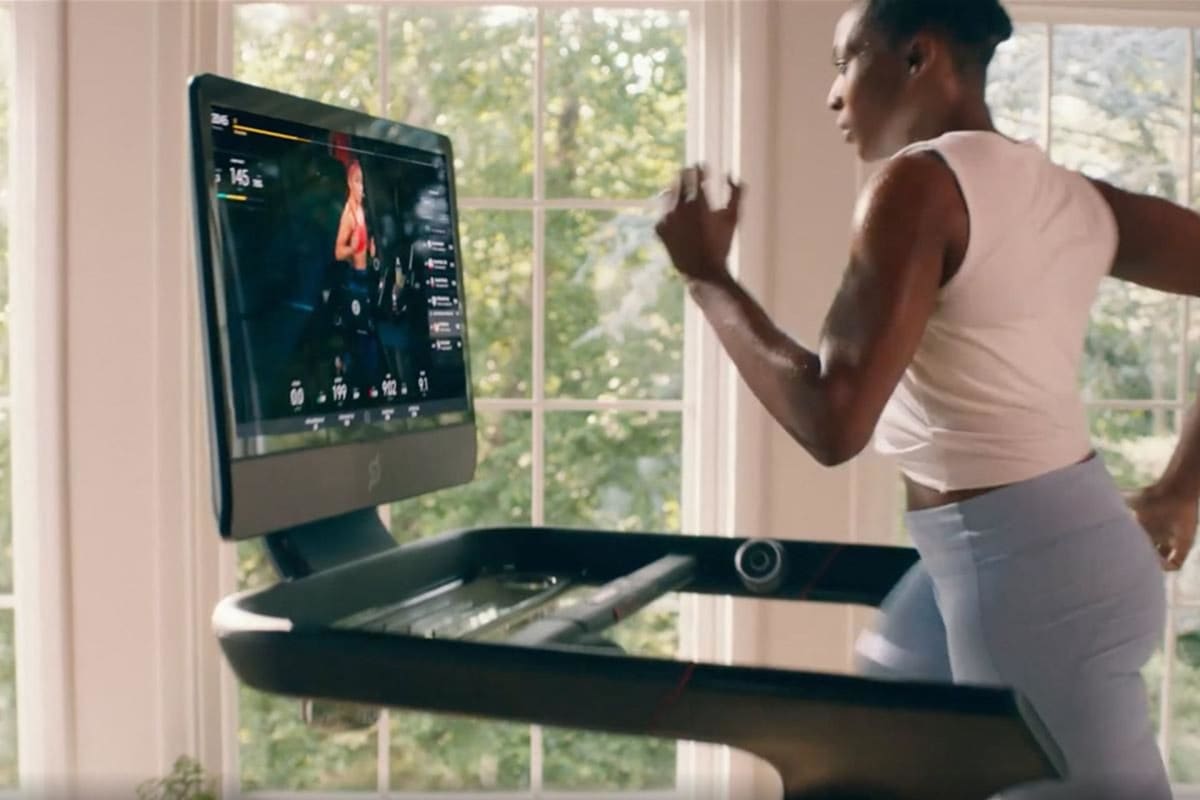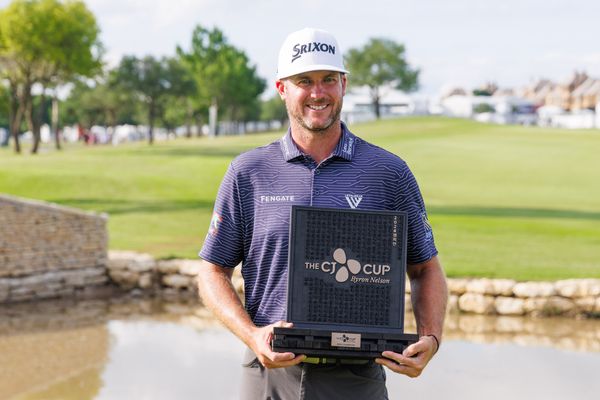
Peloton Interactive (PTON) agreed to pay a large civil penalty for failing to immediately recall a treadmill that was linked to a dozen injuries and the death of a child, federal officials said.
The U.S. Consumer Product Safety Commission said on Jan, 5 that the settlement resolves charges that the New York-based company failed to immediately report that its Tread+ treadmill contained a defect "that could create a substantial product hazard and created an unreasonable risk of serious injury to consumers."
The $19 million penalty, which is one of the largest that the commission ever imposed, also settles charges that Peloton knowingly distributed recalled treadmills in violation of the Consumer Product Safety Act
From December 2018 and continuing into 2019, the agency said, Peloton received reports of incidents of pull under and entrapment in the rear of the treadmills, including reports of injuries, but did not immediately them report to the commission.
By the time Peloton filed a report with the commission, the agency said, there were more than 150 reports of people, pets, and objects being pulled under the rear of the Tread+ treadmill, including the death of a six-year-old child on March 3, 2021, and 13 injuries involving broken bones, lacerations, abrasions and friction burns.
Peloton and the Commission jointly announced the recall of the Tread+ treadmill on May 5, 2021.
Consumer Protection Sends 'Loud and Clear Warning'
The CPSC said that after the public announcement of the recall, Peloton knowingly distributed 38 Tread+ recalled treadmills using company personnel and through third-party delivery firms.
In addition to the the penalty, Peloton also agreed to file annual reports regarding its compliance program and system of internal controls for five years.
"By acting with one voice, the CPSC sends a loud and clear warning to companies who continue to sell dangerous products that they know can cause serious injury or death," Commission Chair Alexander Hoehn-Saric said in a statement. "By failing to report these incidents to the Commission immediately, Peloton not only violated the Consumer Product Safety Act, but also consumers' trust."
Hoehn-Saric also noted that Peloton did not report the various incidents and injuries to the CPSC until it learned about the child's death.
Peloton said in a statement that the company "remains deeply committed to the safety and well-being of our members and to the continuous improvement of our products."
"We are pleased to have reached this settlement agreement with the U.S. Consumer Product Safety Commission (CPSC) and look forward to working cooperatively with the CPSC to further enhance member safety," the statement said. "As such, Peloton continues to pursue the CPSC’s approval of a Tread+ rear guard that would further augment its safety features."
Expert Says 'Product Design is First Culprit'
George Ball, a professor at Indiana University who studies product recalls, was critical of both Peloton and the CPSC.
"In my opinion, the product design is the first culprit," Ball said. "It was not designed with children's safety in mind. Once the reports of injuries started coming in, I don’t think they acted quickly enough."
Ball said the CPSC, the National Highway Traffic Safety Administration, and the Food & Drug Administration all espouse different regulatory strategies, and described the commission "as the weakest regulatory body that oversees recalls."
"Their leadership structure is disjointed, they regulate too many diverse products, their public data on recalls and complaints are poorly organized, and they are overall much less proactive than NHTSA and FDA," he said. "I think that the current administration is taking a harder line towards businesses, and this is just one example."
The CPSC did not immediately respond to a request for comment. However, Acting Chairman Robert Adler said in a March 1, 2021 letter that the agency its budget was "woefully inadequate to accomplish the vital mission before us" and laid out a strategy to reinvent the agency.
Ball said he believes the Peloton decision can and likely will serve "as a wake-up call for CPSC regulated firms that have generally gone loosely regulated for many years."
He added that when firms decide to recall a product "they are trying to balance public safety with firm profits."
Many Biases at Play in Recall Decision
"However, the research that my colleagues and I conduct indicates that there are many underlying biases at play in the decision," Ball said. "Many of them unknown most likely to the decision-makers."
"Stock compensation, gender of the firm leadership, tenure of the CEO, recalls by competitors, whether the regulator mandates recalls or not, these all play a role in the decision," he said.
Peloton and other pandemic-era types of home-fitness companies saw sales jump in the early days of the Covid-19 outbreak, only to see revenue tumble as people returned to normal life.
In October, Peloton cut 500 jobs, or 12% of its workforce, in a bid to reposition itself toward growth. It was the company’s fourth round of layoffs of the year, leaving Peloton with around 3,800 employees globally.
A month later, Peloton reported a first-quarter net loss of $409 million, or $1.20 a share, compared with a loss of $376.0 million, or $1.25 a share, a year ago. The FactSet consensus was for a 67-cent loss per share.
Revenue totaled $617 million down from $805 million while analysts had called for $637 million. Revenue totaled $617 million down from 805 million while analysts had called for 637 million.







